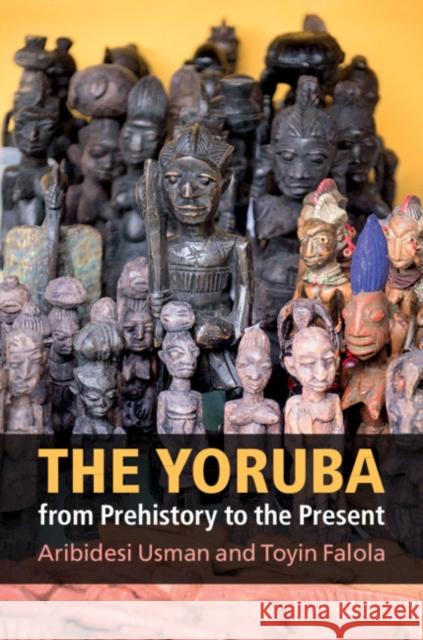The Yoruba from Prehistory to the Present » książka
topmenu
The Yoruba from Prehistory to the Present
ISBN-13: 9781107064607 / Angielski / Twarda / 2019 / 514 str.
The Yoruba from Prehistory to the Present
ISBN-13: 9781107064607 / Angielski / Twarda / 2019 / 514 str.
cena 465,65
(netto: 443,48 VAT: 5%)
Najniższa cena z 30 dni: 423,14
(netto: 443,48 VAT: 5%)
Najniższa cena z 30 dni: 423,14
Termin realizacji zamówienia:
ok. 22 dni roboczych.
ok. 22 dni roboczych.
Darmowa dostawa!
A rich and accessible account of Yoruba history, society and culture from the pre-colonial period to the present.











